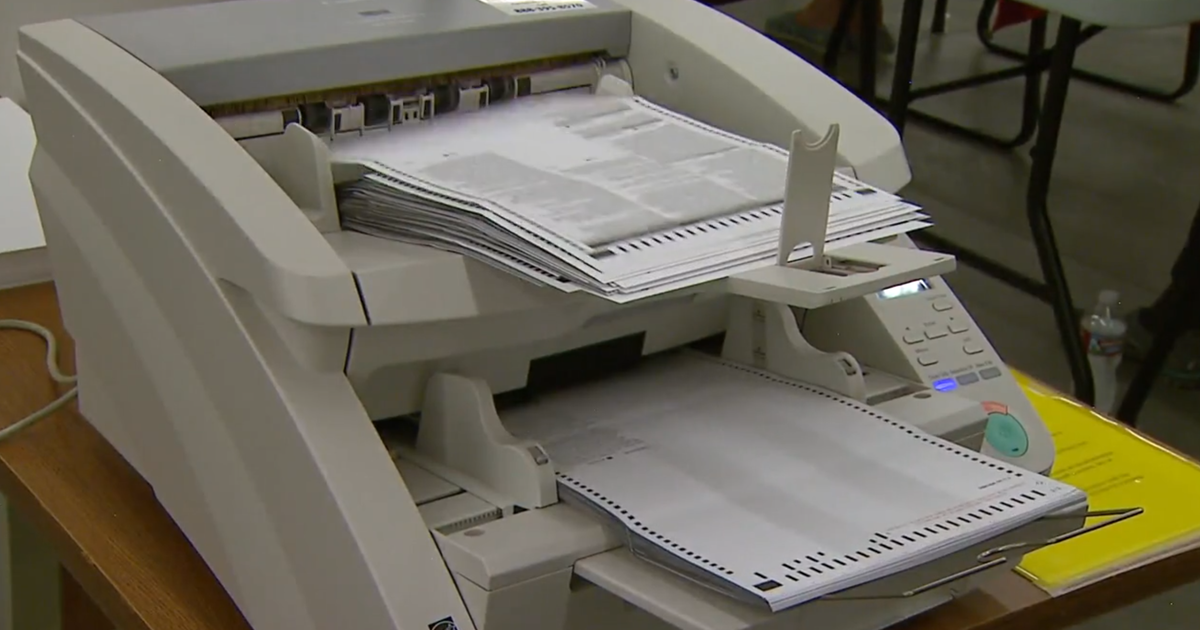Colorado Congresswoman Brittany Pettersen fights opioid epidemic with push to screen mail for fentanyl
Colorado Congresswoman Brittany Pettersen says 90% of fentanyl in Colorado and across the United States wasn't smuggled across the border but brought in by U.S. citizens at airports and seaports or delivered by the U.S. Postal Service.
She says the government should screen all mail for fentanyl.
"Contrary to the rhetoric that people see at the federal level, .02% of the fentanyl seizures are actually coming across the border," said Pettersen. "This always gets pushback around privacy issues, but I think we all can agree that when we go on an airplane, we need to have the items that we have screened. What's the difference with making sure that we can go through a quick screening on what's being distributed across the country with mail?"
Pettersen briefed a state legislative committee focused on opioid and other substance use disorders on Wednesday at the State Capitol. She says Colorado is ahead of the curb when it comes to prevention and treatment, "Can you believe but at the federal level, fentanyl testing strips are still criminalized? That's absolutely crazy."
As a former state lawmaker, Pettersen led the fight against opioid addiction in Colorado. She's now doing the same in Congress, introducing a half dozen bills since taking office in January. Some of the bills are modeled after legislation she passed at the state level, including insurance coverage for life-saving naloxone and Medicaid coverage for residential treatment.
She's also working on first-of-its-kind legislation to crack down on financial institutions that enable cartels and social media platforms and payment services like Venmo that enable dealers to sell to minors.
While the Infrastructure Act includes $3.5 billion to modernize drug screening at the border and ports, Pettersen warns, overall, Congress is looking to cut billions of dollars in funding for the opioid epidemic.
"The biggest barrier that we face, whether it's here in Colorado or at the federal level, around addressing the opioid epidemic, is the stigma," said Pettersen.
That is why she is putting a face to the epidemic in Congress just as she did in the legislature, talking openly of her mom's recovery after a 30-year struggle with opioids in hopes her colleagues will see addiction for what it is - a brain disease, not a moral failing.
"There's a lot of hope of what's possible but we actually have to care and we have to fund and prioritize it," said Pettersen.
While Pettersen works on federal legislation, the legislative committee is working on more state legislation that could include bills dealing with safe injection sites, funding for transitional and recovery housing, and incentives for clinics and pharmacies to provide opioid treatment on demand.
Nearly 1,800 Coloradans died of a drug overdose last year. Half of them involved fentanyl.







